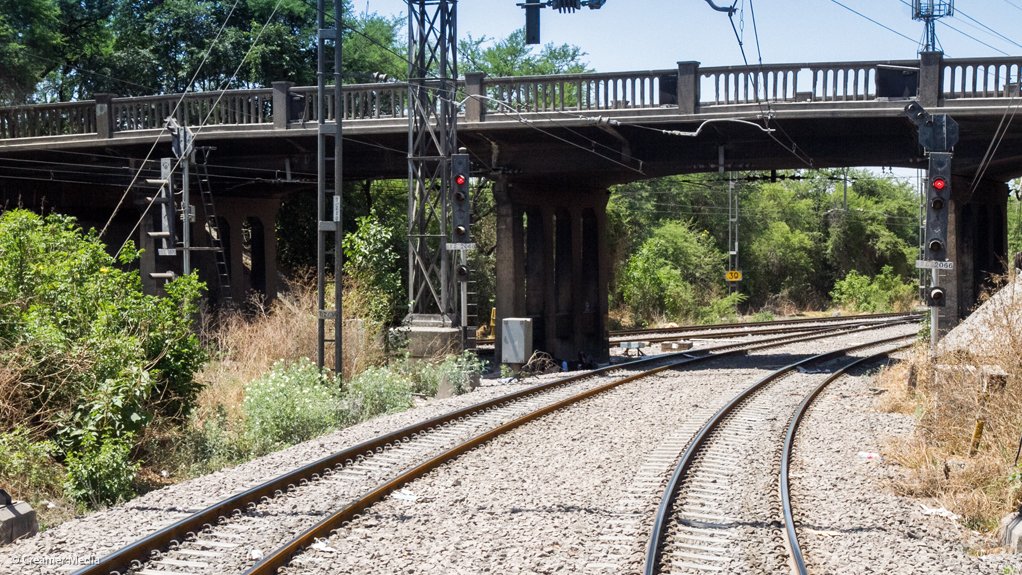/ MEDIA STATEMENT / The content on this page is not written by Polity.org.za, but is supplied by third parties. This content does not constitute news reporting by Polity.org.za.
Last week’s unexpectedly shocking GDP figures – which saw a bigger than expected contraction – is more proof that the slow implementation of Governments' Parliamentary approved Rail Reform is wreaking havoc with the economy, says African Rail Industry Association (ARIA) CEO Mesela Nhlapo.
According to StatsSA, South Africa’s GDP declined by 1.3% in the fourth quarter (October‒December). Economists anticipated a decline of 0.4%. Growth was dragged lower mainly by finance, trade, mining, agriculture, manufacturing, and general government services.
“These shocking numbers place South Africa on the precipice of a technical recession, and this has been brought about by loadshedding, interest hikes and sustained sharp decline in rail volumes,” says Nhlapo.
“Financial experts believe that loadshedding, the 350 basis points interest rate hikes over recent months and Transnet's persistent struggles to transport exports to harbours will continue into the first quarter of 2023. This will give us two consecutive negative quarters which, by definition, is a technical recession,” Nhlapo says.
“Industry expert, Prof Jan Havenga from Stellenbosch University, says the cost of Transnet’s inability to meet the requirements of the South African economy equates to R400 billion - approximately 6% of national GDP,” she says.
Nhlapo says the mining sector is facing an existential threat due to the continued deterioration of Transnet’s rail freight volume capacity.
“Over the past year, mining production has slumped by 9% year-on-year, and the mining industry lost an estimated R50 billion in exports in 2022, all due to logistical and energy constraints. In addition, mining could have brought in more than R150 billion extra if Transnet had operated at nameplate capacity.
“About 87% of all freight in the country is moved by road, this is unsustainable and dangerous, as we have again seen with the recent truck accidents around the country.”
Nhlapo says it is more urgent than ever for government to implement the National Rail Policy, as this is the blueprint for the future of economic success for South Africa.
“Predictions of a bumper agricultural crop and a rebound in the global economy creating demand for South African exports makes it essential for government to implement its rail policy and allow the private sector, through third-party access to the freight rail network, to get involved and turn around this dire situation,” Nhlapo says.
“We have Policy on the table - the White Paper on National Rail Policy - which was approved by Cabinet in March last year. The policy outlines steps to revitalise rail infrastructure and enable third‐party access to the freight rail network. And it must happen now,” she says.
Nhlapo ends with a warning: “I expect what is coming next is massive tariff increases by Transnet. The maths is simple in a largely fixed cost monopoly. If your tonnages drop your rates have to increase substantially. In order to protect the upstream economy, we need the Transport Economic Regulator to be formed ASAP. The impacts of these increases will be disastrous for any hopes of future investment and growth in the upstream economy. It is simply not right that our economy should be burdened by Transnet’s home-grown problems with nowhere else to turn.”
Issued by African Rail Industry Association
EMAIL THIS ARTICLE SAVE THIS ARTICLE ARTICLE ENQUIRY
To subscribe email subscriptions@creamermedia.co.za or click here
To advertise email advertising@creamermedia.co.za or click here











